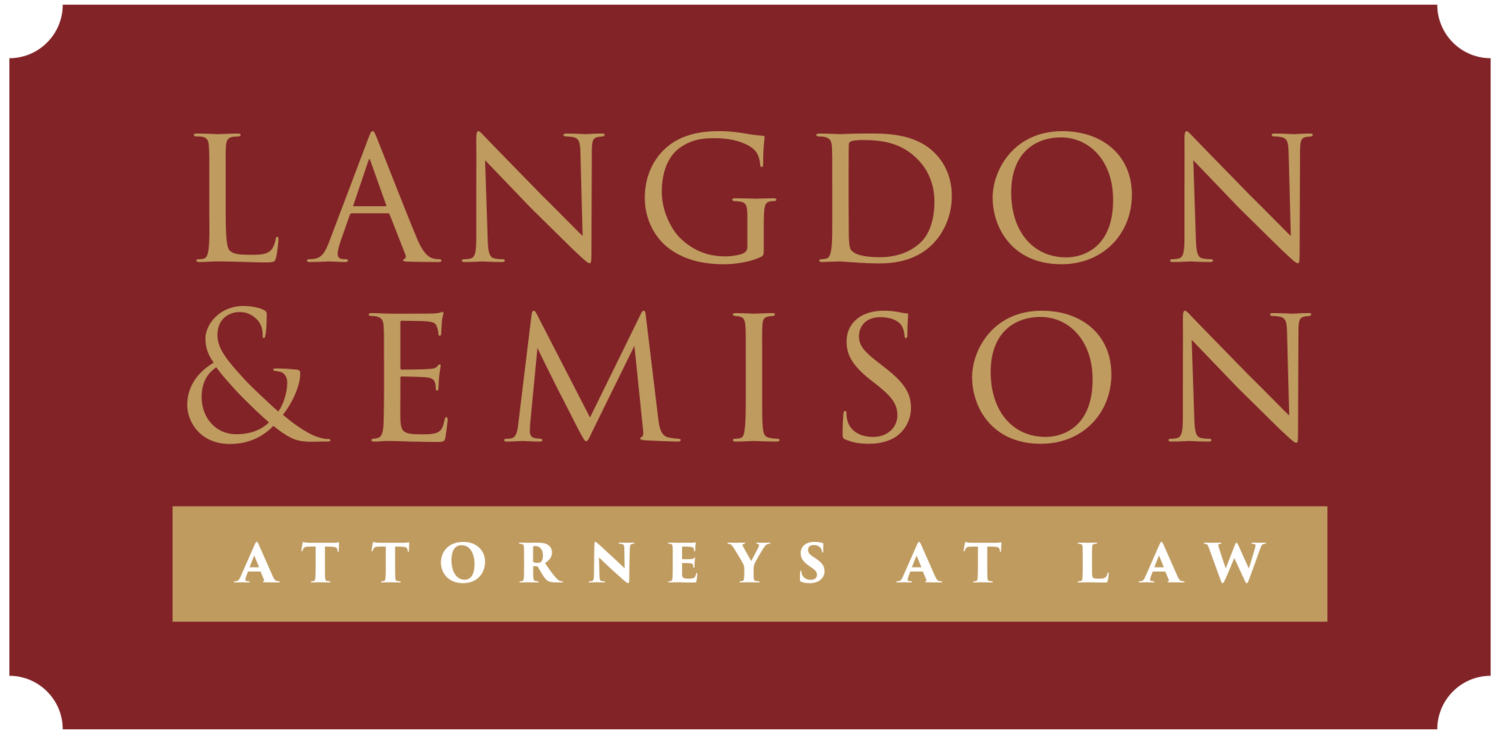Tort
What does Tort mean?
Generally speaking a tort is an injury or action which is done either intentionally or unintentionally against another person. Under civil tort law if someone commits a tort against another person and the injured party suffers injury they are entitled to remedies under the law. Civil tort remedies are generally monetary compensation or in some cases restraining orders. In most cases tort offenses do not result in imprisonment.
In a tort case the lawsuit or civil action is brought by the plaintiff against the defendant, who is also called the tortfeasor. Most cases involving torts are due to the negligent actions of someone, which is defined as the failure of one person to act in way we would expect that person to act and the subsequent injury which results from that failure.
Common torts in civil law include libel, slander, medical malpractice, personal injury, nuisance, dog bites, and premise liability cases.
Lawyers near
Term of the Day
Constructive Discharge
A constructive discharge is a legal concept in which an employer has created working conditions which are so unpleasant or intolerable that an employee feels they have no choice to but to quit their job.Category: Employment Law






